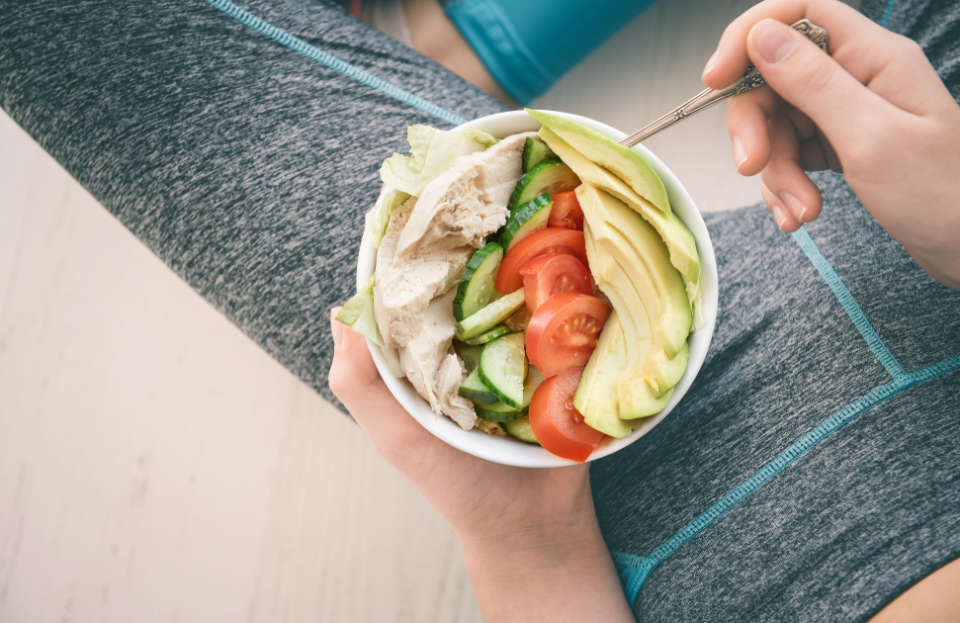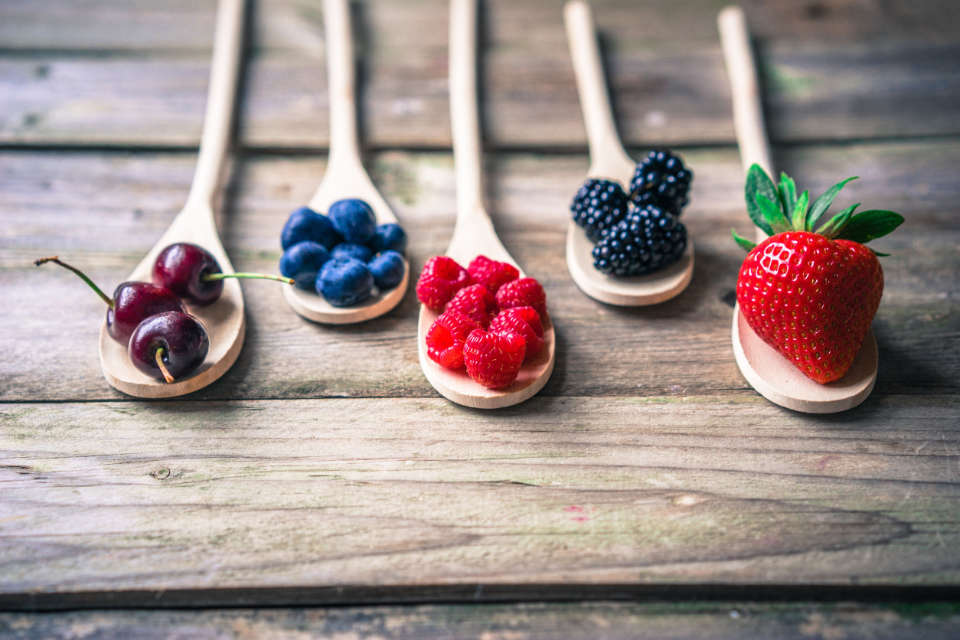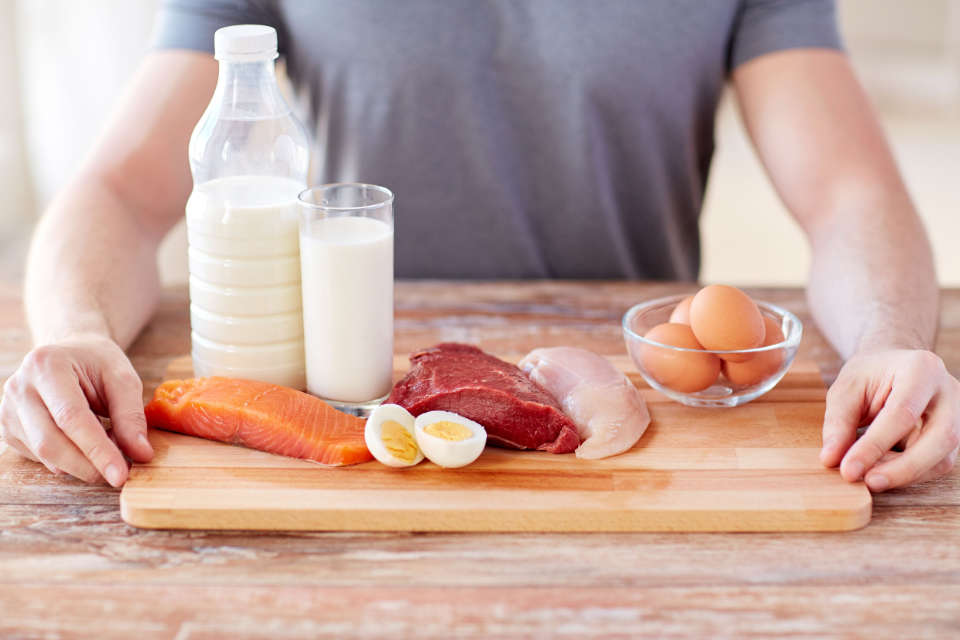Talent isn’t enough in sports. To perform at high level, new (and experienced) athletes have to train regularly. Consistency and strong willpower set you apart from the competition and pave your way to success. Discipline is vital for new athletes. Just search for daily routines of the world’s best athletes, they have a specific schedule every day.
Of course, discipline doesn’t involve sleep and wake times or training schedule only; it also extends to lifestyle and nutrition habits.
To perform at high level and become a pro, the new athlete should make some diet changes. We bring you seven easy diet tips you can follow.
1.Keep a food journal
New and aspiring athletes may find it difficult and overwhelming to change their diet habits, especially if you’re not a type of person who likes to experiment with food. Plus, nutrition is a broad term, and one doesn’t know where to start. Food journaling can help.
We tend to attribute food journals to weight loss efforts, but they are useful in many situations. One study revealed that participants who kept food journal doubled their weight loss compared to their counterparts. Why? The act of writing down food intake allows you to adhere to the diet schedule.
At the same time, a person can identify strengths and weaknesses or bad habits to change. You can use food journals for the same purpose. Log your food intake regularly and analyse eating habits. Take it one step at a time, correct one bad habit before focusing on the other.
2.Eat every two to three hours
While a healthy meal plan is crucial, it doesn’t only refer to actual foods you eat. The frequency of meals is equally important, particularly for athletes who train almost every day and their body needs a regular flow of energy.
A common mistake that many athletes repeat at the beginning is to eat two or three larger meals during the day. However, this habit doesn’t boost your energy levels properly, and it becomes difficult to balance blood sugar levels.
To get the maximum out of the food you consume, it’s important to eat small meals frequently throughout the day. As a result, the balance of blood sugar will improve and you’ll feel full without eating too much. Appetite suppressing potential of small and frequent meals contributes to weight management.
Like every athlete, you have to keep your weight in a certain range to perform at optimal level. Ideally, you should eat something healthy every two to three hours. Plus, this can also normalise cholesterol levels, manage stress, and boost energy to help you do more at training sessions.

3.Eat more vegetables
Nutrition for athletes usually revolves around the increased consumption of protein, carbs, and healthy fats. Sure, all those foods are important for energy and endurance, but let’s not forget about vegetables do.
Vegetables are rich sources of vitamins, minerals, fiber, and enzymes that our body needs to function properly. Regular consumption of vegetables prevents common nutrient deficiencies that could otherwise harm your health. Additionally, vegetables are great sources of nitrates which are compounds that contain nitrogen and oxygen. About 80% of nitrate consumption come from vegetables. Nitrates are essential for an energy boost, proper blood flow, and better endurance.
A study whose findings were published in the Cell Metabolism revealed that increased intake of nitrates allows you to use less oxygen to do more work. Therefore, while improving your nutrition, make sure daily menu contains vegetables too.
4.Boost recovery with berries
Berries are considered the most abundant source of antioxidants that protect your body from free radicals and oxidative stress. As an athlete, you want to minimise the risk of injuries that would severely affect your progress. Berries prove to be excellent knee pain treatments thanks to their ability to decrease inflammation. That way, you can eliminate pain and support body with much-needed vitamins and antioxidants to stay strong and withstand future injuries.
Moreover, the Journal of the International Society of Sports Nutrition published a study which showed that athletes who consumed berries around their workouts had better inflammation and immune responses to the workout compared to their counterparts who didn’t eat berries. Eating one or two cups of berries a day allows you take advantage of their benefits.

5.Replace electrolytes that you lose
All humans need electrolytes to survive mainly because some processes in the body rely on a small electrical current that they provide. Electrolytes not only interact with each other, but also interact with cells in tissues, nerves, and muscles. To stay healthy and function properly, your body needs a balance of different electrolytes.
Sweating during training sessions loses electrolytes, and it’s important to replenish them. Sports drinks help with that. However, if you also lose a lot of fluid while training and sweating, it’s a good idea to dilute sports drink with water. That way, you’ll balance out fluid and electrolytes.
6.Favour food proteins
Protein is an important nutrient that maintains your muscles. Athletes consume protein-rich diet to avoid losing muscle mass while exercising regularly and trying to keep their weight in a healthy range. It’s easy to buy a protein supplement in a store or online, but you should favour food sources of this nutrient. Getting too much protein puts a strain on your kidneys. That’s why you should focus on adjusting your diet with great protein sources such as milk, eggs, beans, nuts, poultry, and others.

7.Eat anti-inflammatory foods
Every time you exercise, the body induces physiological stress that causes inflammation. Not all inflammation is bad; it’s the body’s way to heal and combat distresses that jeopardise your health. However, too much inflammation undermines your recovery, and if it becomes chronic, the risk of multiple conditions increases significantly. Let’s not forget the fact that inflammation is one of the main causes of joint pain, studies show. The faster the inflammation goes down, the quicker your recovery time.
You can lower inflammation in an entirely natural way, and consumption of anti-inflammatory foods is a very practical solution. Here are some suggestions:
- Omega-3 fatty acids
- Tomatoes
- Olive oil
- Green leafy vegetables
- Nuts
- Fruits
Conclusion
Athletes have to work and train hard to perform at optimal level, especially when they’re in the process of building their career or starting with an active lifestyle. Attending training sessions isn’t the only commitment you have, it’s also important to modify your diet.
These seven nutrition tips from this article will help you adopt healthy diet habits to maximise your results.





